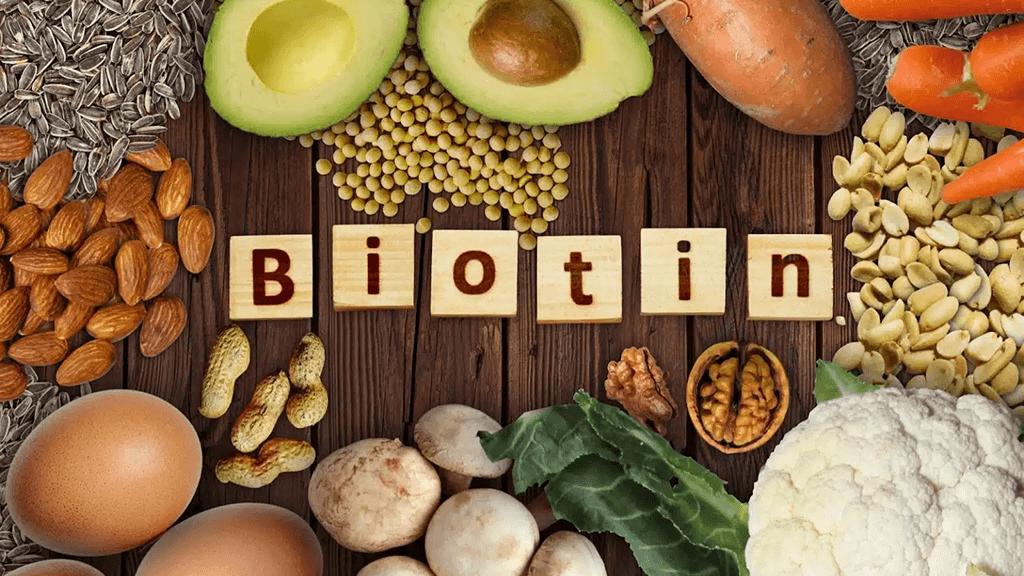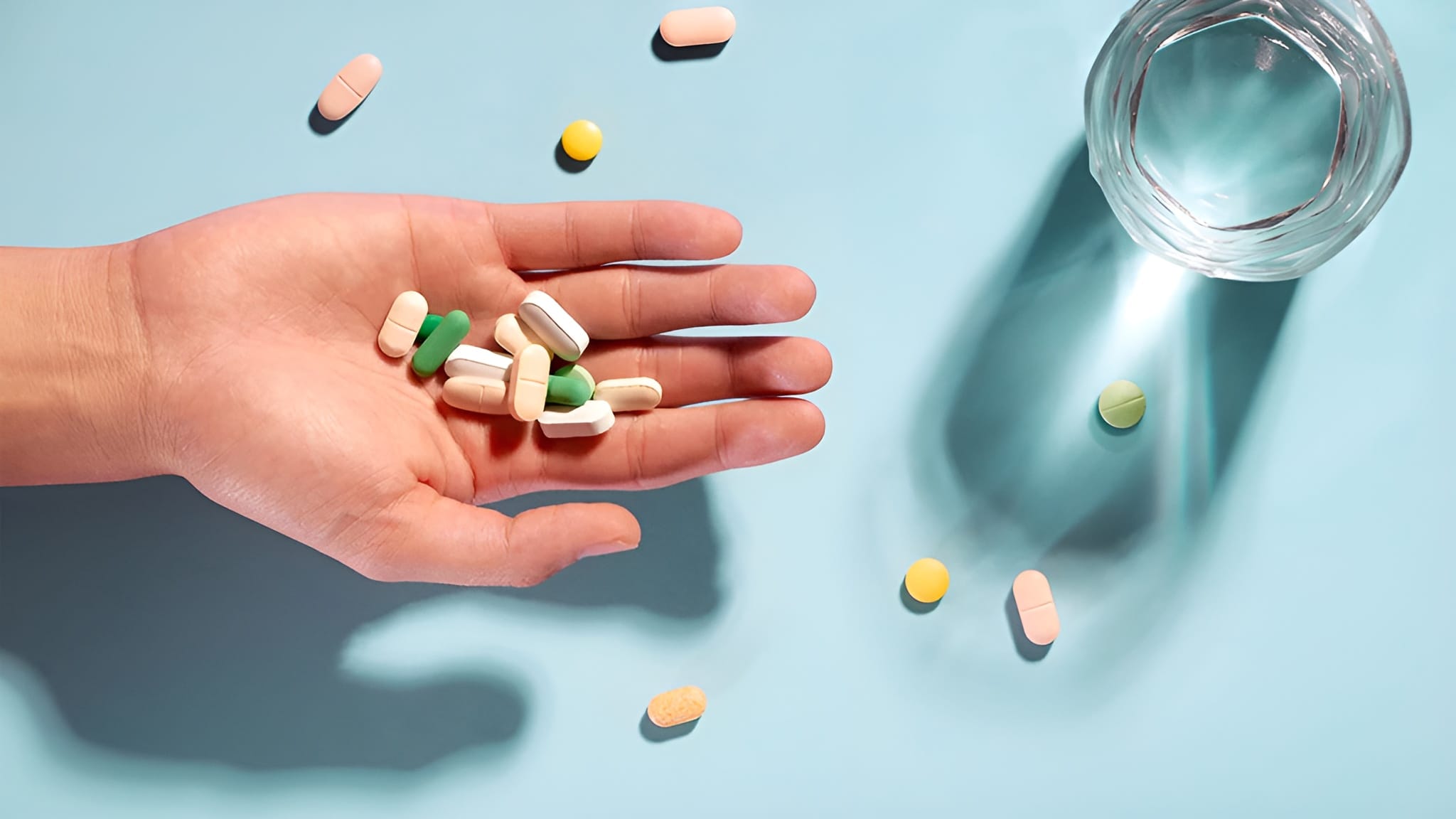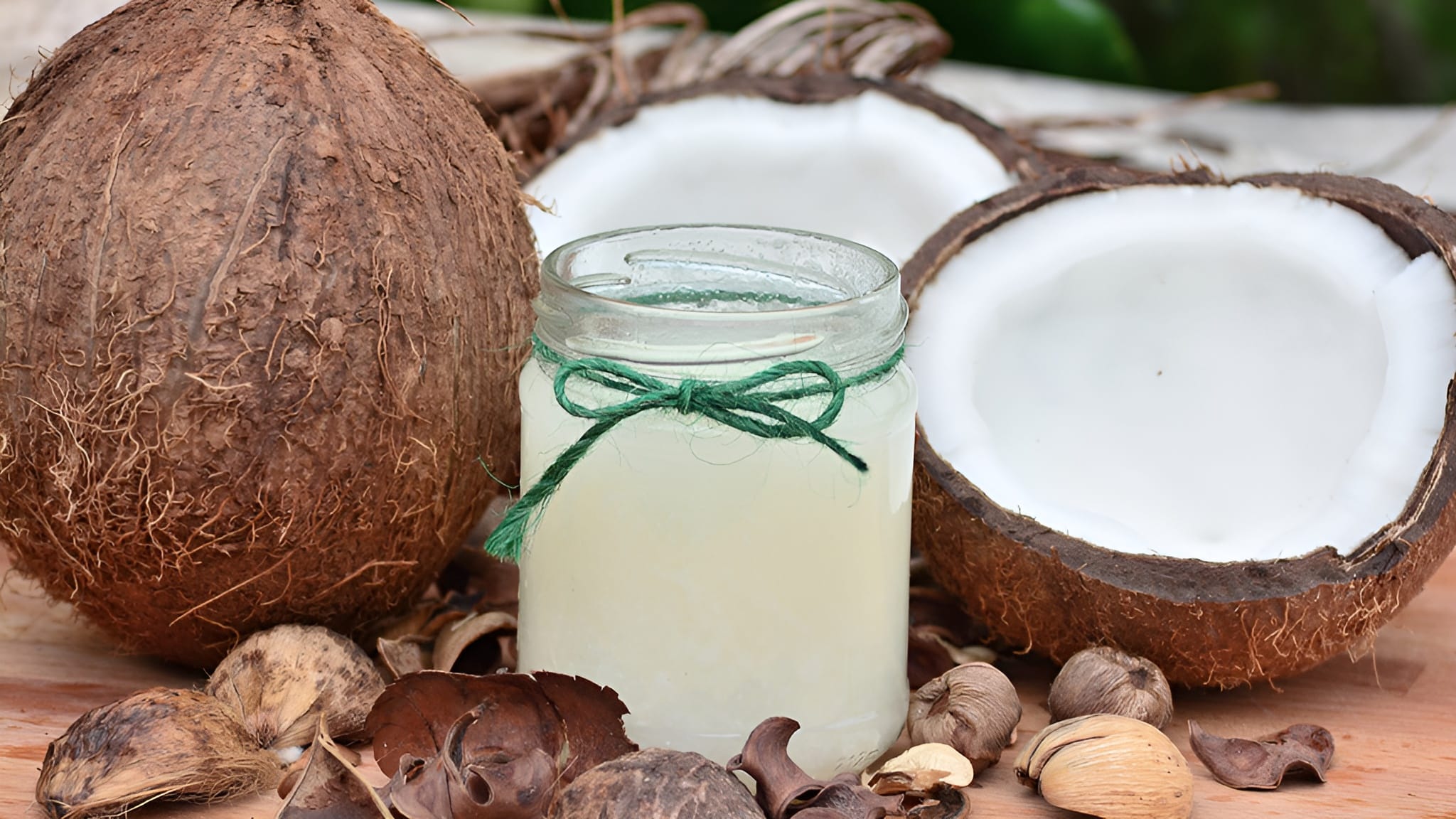Ever heard someone rave about biotin for an energy boost? While biotin is definitely linked to energy production, it might not be the magic bullet some claim it to be. So, what’s the real story behind biotin for energy?
Biotin is a B-vitamin; B‑complex for metabolism is crucial when it comes to converting food into energy. But biotin has some unique functions that make it especially important for maintaining your pep.
Table of Contents
How Biotin Energizes Your Body
Your body is a complex machine that relies on countless metabolic processes to transform the food you eat into usable energy. Biotin is a key player in this intricate system.
Other nutrients, such as CoQ10 for cellular energy production, also contribute by supporting the electron transport chain—helping your cells turn food into usable energy.
- Enzyme Production: Biotin is essential for creating enzymes that break down macronutrients (carbohydrates, fats, and proteins) into their smaller components [1]. These enzymes perform tasks like:
- Metabolic Support: Many carboxylase enzymes, which are crucial for breaking down amino acids, are entirely dependent on biotin [5].
- ATP Production: Carboxylase enzymes also support the production of ATP (adenosine triphosphate), your body’s primary energy currency [6]. ATP is used to fuel countless reactions throughout your body that require energy. Vitamin D is also very important for ATP and mitochondria support.
Alongside B-vitamins, clean protein sources also play a key role in ATP and mitochondrial function. A supplement like ProPure Whey Protein Isolate can help rebuild and recover your muscles while fueling long-term energy production.
Without biotin, your metabolic processes would be significantly disrupted, affecting your ability to efficiently produce energy from the food you consume.
Will Biotin Give You an Energy Boost?
If you’re deficient in biotin, supplementing with it can certainly lead to a noticeable increase in both physical and mental energy. However, if you’re already getting enough biotin, you probably won’t feel a dramatic difference.
That’s why many people combine biotin with performance nutrients such as Creatine for strength and fast ATP, especially if they’re looking to enhance workout recovery and short-burst energy
There are many vitamins that may provide a noticable energy and mood support.
Signs of Biotin Deficiency
Biotin deficiency is relatively rare, but it can occur in certain situations:
- Consuming more than 6 raw eggs daily (raw egg whites contain a protein that binds to biotin, preventing its absorption)
- Frequent alcohol consumption
- Liver cirrhosis
- Weakened immune system
- Genetic predispositions
If you suspect you might be deficient, talk to your doctor. Biotin supplementation is generally safe, and there are no known drug interactions or toxicity concerns.
Biotin's Benefits Beyond Energy
Biotin is sometimes called vitamin H, derived from the German words “Haar und Haut,” meaning “hair and skin.” A lot of people also enjoy using coconut oil for hair and skin care.This nickname highlights biotin’s role in maintaining healthy hair and skin. But its benefits extend far beyond that:
- Neurological Support: Biotin helps manage neurological disorders like multiple sclerosis (MS) and neuropathy.
- Blood Sugar Regulation: Biotin may play a role in regulating blood sugar levels.
- Pregnancy and Breastfeeding: Biotin is crucial for a healthy pregnancy and the production of quality breast milk.
Unlock Your Energy Potential with Biotin
While biotin might not be a miracle energy booster for everyone, it’s a crucial nutrient for supporting your body’s natural energy production processes. If you suspect you might be deficient or are looking for ways to optimize your overall health, talk to your doctor about whether biotin supplementation is right for you.
FAQ
Biotin is a B-vitamin that acts as a cofactor for carboxylase enzymes—the machinery that helps your body turn carbs, fats, and protein into ATP (usable energy). It’s foundational, but you’ll mainly feel a difference if you were low to begin with.
Probably not. If you’re already replete, biotin won’t behave like a stimulant. For steady energy, focus on sleep, protein, hydration, training, and a broader B-complex; consider magnesium, omega-3s, creatine, or CoQ10 as needed.
Most adults cover needs from food; a common daily adequate intake is ~30 mcg. Supplements often range 100–1,000 mcg; very high “hair/skin” doses (2,500–10,000 mcg) are rarely necessary for energy. Take with a meal and keep it consistent.
Biotin is water-soluble and generally well-tolerated, but it can skew certain lab tests (e.g., thyroid, troponin, hormone assays). Tell your clinician about biotin and consider pausing high doses 48–72 hours before labs. Raw egg whites bind biotin; heavy alcohol use and some anti-seizure meds may lower levels. If you’re pregnant/breastfeeding or on prescriptions, check with your clinician.
People with poor intake, malabsorption, heavy alcohol use, long-term antibiotics or anti-seizure meds, or during pregnancy/breastfeeding. Signs of low biotin can include fatigue, thinning hair, brittle nails, skin rash around mouth/eyes, or neuropathy—see a clinician for evaluation.
Cites and Sources
No Citations
Show Citations
[1] - Tong, L. (2012). Structure and function of biotin-dependent carboxylases. Cellular and Molecular Life Sciences, 70(5), 863–891. https://doi.org/10.1007/s00018-012-1096-0
[2] - Jitrapakdee, S., St Maurice, M., Rayment, I., Cleland, W. W., Wallace, J. C., & Attwood, P. V. (2008, August 1). Structure, mechanism and regulation of pyruvate carboxylase. The Biochemical journal. http://www.ncbi.nlm.nih.gov/pubmed/18613815/
[3] - Tong, L. (2005). Acetyl-coenzyme A carboxylase: crucial metabolic enzyme and attractive target for drug discovery. Cellular and Molecular Life Sciences, 62(16), 1784–1803. https://doi.org/10.1007/s00018-005-5121-4
[4] - Hutson, S. M., Sweatt, A. J., & LaNoue, K. F. (2005). Branched-Chain amino acid metabolism: Implications for establishing safe intakes. The Journal of Nutrition, 135(6), 1557S-1564S. https://doi.org/10.1093/jn/135.6.1557s
[5] - Mullins, E. S. (2014). Congenital coagulopathies. In Elsevier eBooks (pp. 1562–1574). https://doi.org/10.1016/b978-0-12-386456-7.07910-7
[6] - Cui, Q.-L., Lin, Y. H., Xu, Y. K. T., Fernandes, M. G. F., Rao, V. T. S., Kennedy, T. E., & Antel, J. (2020, May 29). Effects of biotin on survival, ensheathment, and ATP production by oligodendrocyte lineage cells in vitro. PloS one. https://www.ncbi.nlm.nih.gov/pmc/articles/PMC7259710/





